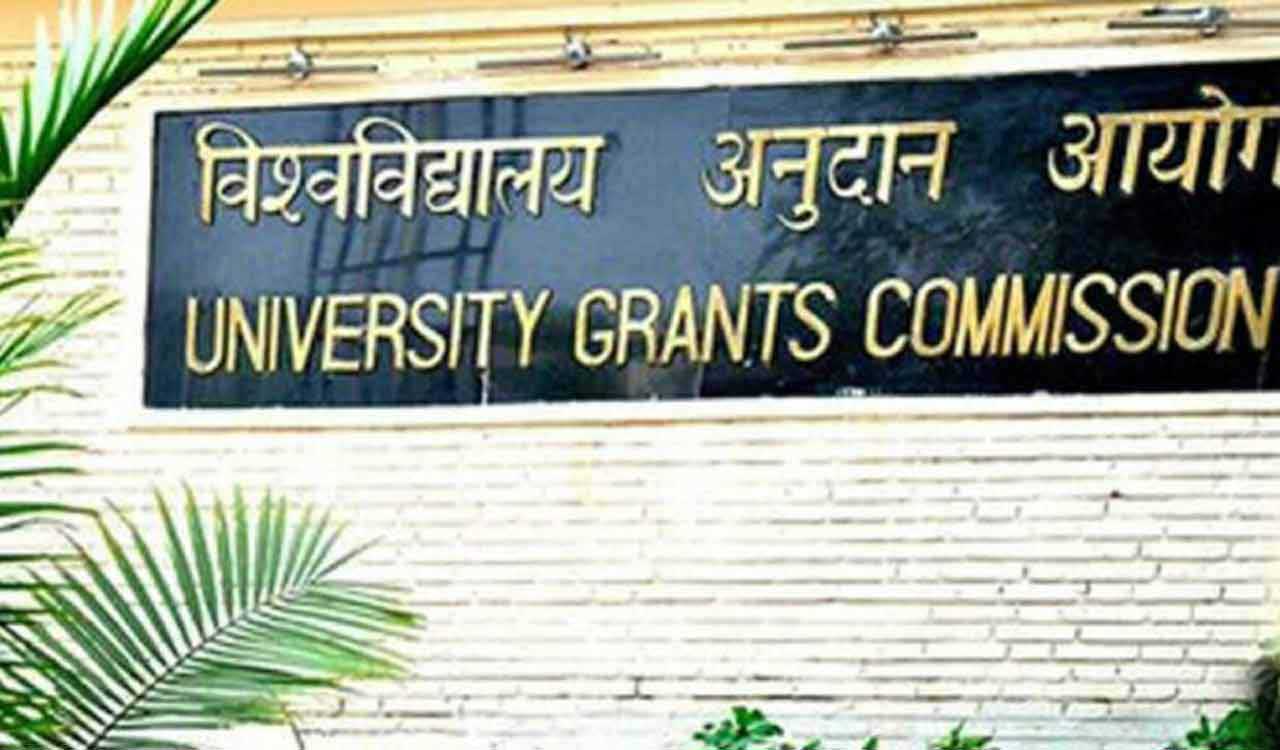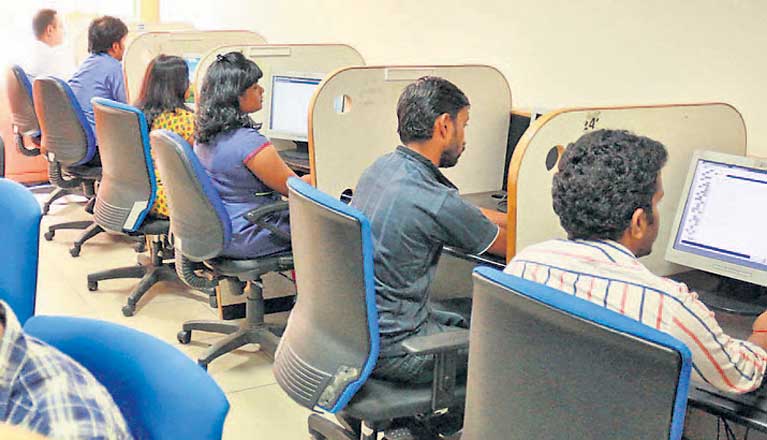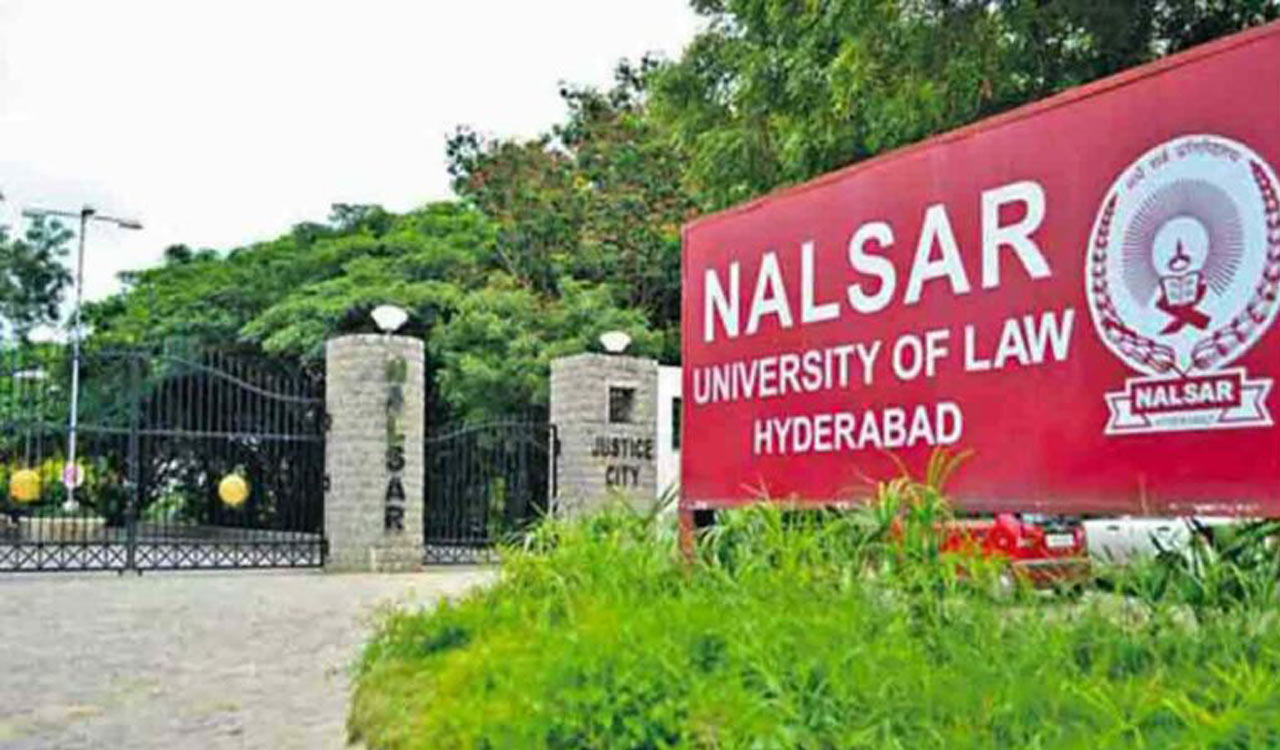Opinion: New PhD eligibility rule faces challenges
The success of UGC’s new PhD eligibility rule will depend on addressing systemic issues
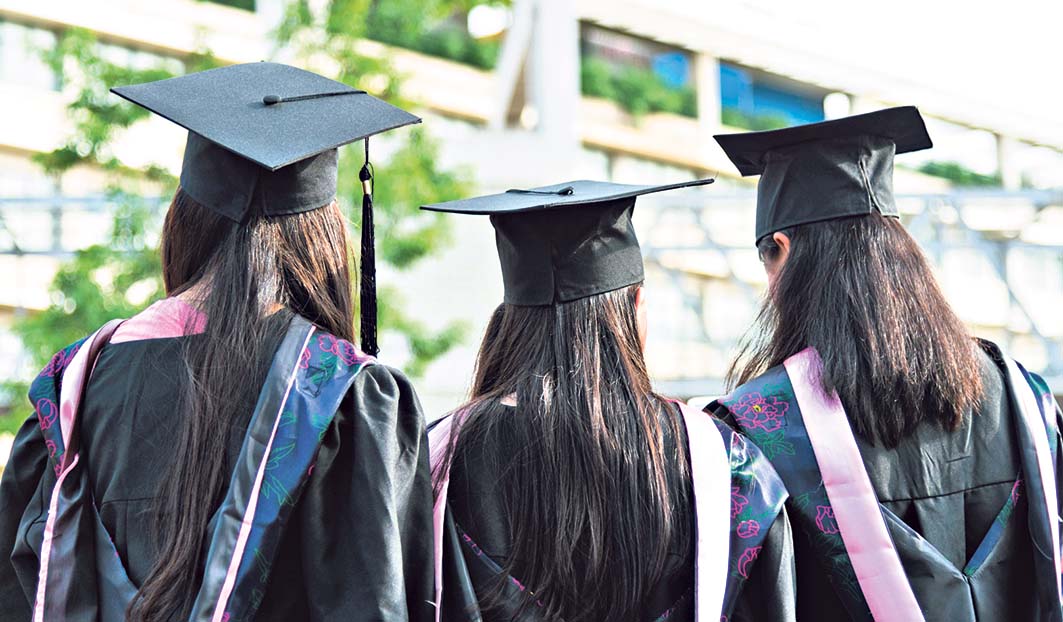
By Manasa
In a landmark decision by the University Grants Commission (UGC), students who have completed four-year undergraduate programmes (FYUP) with 75% or above marks can directly apply for PhD programmes. This move, aligned with the National Education Policy (NEP), 2020, aims to focus more on academic pathways, promote early research exposure among students and raise the standards of higher education. As the policy intends to fast-track the promotion of students into research areas, it has raised concerns over academic rigour, equity and their preparedness for doctoral studies.
Also Read
Traditionally, postgraduate qualifications such as a Master’s degree or MPhil used to be a mandatory prerequisite for PhD programmes. The new rule represents a significant departure from the earlier norms as students, after completing FYUP with research components, can now bypass the Master’s degree phase and enrol for a PhD directly.
This, however, does not apply to students from a three-year undergraduate programme. As this policy opens doors for students to pursue interdisciplinary studies and research-oriented education, it also demands the institution adopt and be equipped with a high-quality undergraduate curriculum that meets these rigorous standards.
Critical Concerns
Knowledge gap is one of the most critical concerns surrounding this rule. It’s usually seen that individuals with better access to resources and quality education tend to yield better results in their academics. In contrast, students from humble backgrounds and with limited educational resources face disparities in academic percentages.
The quality of undergraduate education is highly variable in India, as premier institutions offer state-of-the-art facilities and research opportunities with better resources and infrastructure. On the other hand, rural and semi-urban areas that lack infrastructure, funding and faculty pose a hindrance to students in meeting the required percentage.
The rule allows students of a four-year graduate programme with 75% marks to directly apply for a PhD course
There’s also the risk of dilution of the quality of doctoral research due to this rule. A PhD programme requires advanced theoretical and methodological training typically gained during a Master’s programme. Skipping the post-graduation step may put students at a disadvantage.
Opportunities, Challenges
The UGC’s new eligibility rule presents a mix of opportunities and challenges. On the positive side, it allows high-performing students to embark on research careers much earlier than in previous times. This significantly cuts down the time and financial investment required for advanced education.
One major concern is a lack of clarity and research interest in students from undergraduate programmes. Such students may not have fully explored academic potential and thus could end up making a wrong choice while selecting a course.
Even supervisors might face pressure as admitting students with less experience into doctoral programmes would need additional guidance and mentorship on their part. Furthermore, it would be a strenuous thing for many universities with limited resources, compromising the quality of doctoral education.
While the policy aligns with NEP’s vision of fostering a research-oriented academic ecosystem, its success, however, depends on addressing systemic disparities and ensuring equitable access to high-quality research opportunities across various educational institutions.
Global Perspective
From the global perspective, the new rule aligns with the international norm where undergraduate research is often considered enough for direct entry into PhD programmes. This move would bring India closer to countries like the US and the UK, where research-intensive undergraduate degrees are offered and valued.
To ensure a successful implementation of the new UGC PhD eligibility rules and address contemporary issues, there is a need to adrress the various challenges facing the student community and initiate reforms. The first thing is to ensure that the UGC establishes clear and uniform guidelines in maintaining consistency and quality in education, ensuring that all FYUP students receive adequate research exposure and academic rigour, regardless of the institutions they attend.
Equitable resource allocation is another important measure to prevent the widespread disparities in the quality of education. The government, on an urgent basis, must prioritise investments in under-resourced universities to provide them with equal access to high-quality research infrastructure and faculty memberships. This needs frequent monitoring.
The move could also lead to a significant knowledge gap within the academic landscape. The UGC should reconsider the percentage bar. Reducing it on the lines of UPSC, with ‘just qualified’ as the basic eligible criterion, could pave the way for students from various socio-economic backgrounds to make their imprint in research programmes.
This is a bold step towards modernising India’s higher education system. While the policy aligns with global trends with promising opportunities, it will be successful only if the systemic challenges are addressed. By ensuring that students from all communities get equal access to resources backed by a robust support system, we can unlock the transformative potential of this new move.
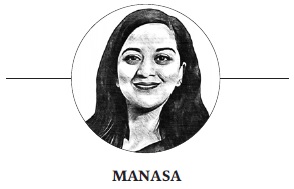
(The author is guest faculty, Department of Journalism and Mass Communications, Osmania University, specialising in Socio-Economic Affairs and Development Studies)
Related News
-
Sandhya Theatre stampede case: Allu Arjun questioned for 3 hours by Chikkadpallly police
23 mins ago -
Telangana: TRSMA pitches for 15% school fee hike and Right to Fee Collection Act
31 mins ago -
Former Home Secretary Ajay Kumar Bhalla appointed Manipur Governor, Kerala Governor shifted to Bihar
34 mins ago -
Hyderabad: Organs of 74-year-old man donated as part of Jeevandan
38 mins ago -
Opinion: The China factor in India-Nepal relations
1 hour ago -
Editorial: Modi’s Kuwait outreach
1 hour ago -
Telangana HC suspends orders against KCR and Harish Rao
2 hours ago -
Kohli and Smith will be dangerous and hungry: Shastri
2 hours ago


